Respectful International Workplace
Cultivating Global Harmony, One Workplace at a Time

7 Hours average completion time
0.7 CEUs
15 Lessons
15 Exams & Assignments
49 Reference Files
125 Articles
Mobile Friendly
Last Updated January 2026
In today's dynamic world, diversity isn't just a buzzword; it's the very fabric that knits societies together. When channeled into the business arena, this diversity transforms into an unparalleled strength, crafting workplaces that resonate with global ethos and visions.
Welcome to a course designed to redefine workplaces with a global touch. We're not just talking about adding flags or celebrating international festivals. This journey delves deep into the very core of global professional ethos. Here's a sneak peek:
-
Office Etiquette for the Global Citizen: Dive into a world where every nod, handshake, and gesture speaks a language. Discover the nuances of behavior that transcend borders and cultivate an environment of respect and understanding.
-
Striking the Perfect Work-Life Symphony: The balance between our professional commitments and personal passions is delicate. Learn strategies from around the globe to harmonize your life, ensuring you thrive both in and out of the office.
-
Nurturing Global Talent: Explore avenues to enhance professional growth that cater to a diverse workforce. Discover how businesses can champion opportunities, encouraging employees to soar to new professional heights.
Our professional endeavors are more than just tasks and deadlines; they are a reflection of a world bustling with diversity. Equipped with the insights from this course, you'll not only be prepared to navigate the intricacies of a multicultural workspace but also to champion it.
Are you ready to embrace a global perspective and lead the change? Step into the world of international business etiquette and empowerment. Dive in today!
- Mastering work-life balance strategies
- Engaging employees for success
- Strengthening international communication skills
- Global etiquette excellence
- Ensuring workplace safety compliance
- Leadership with empathy and adaptability
- Enhancing cultural awareness
- Building inclusive workplace dynamics
- Implementing global recognition practices
- Fostering diverse talent growth
- Promoting psychological workplace health
-

Ultimate Secretary Training Bundle
-

Sensitivity Training for the Workplace
-

How to Deal with Difficult Personalities
-

Communicating with Diplomacy and Tact
-
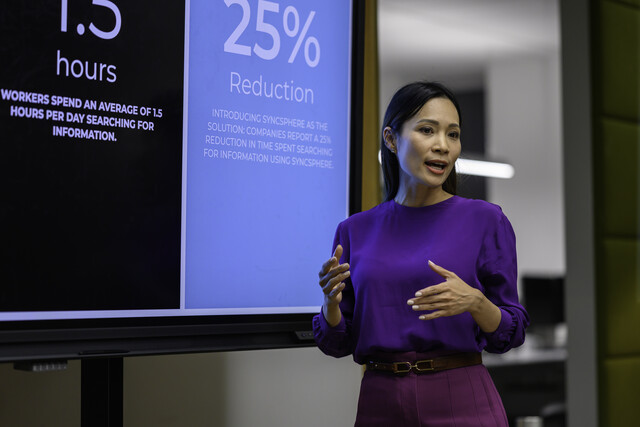
Motivational and Public Speaking
-

Business Consulting 101
-

Career Coaching
-

Procurement Management
-
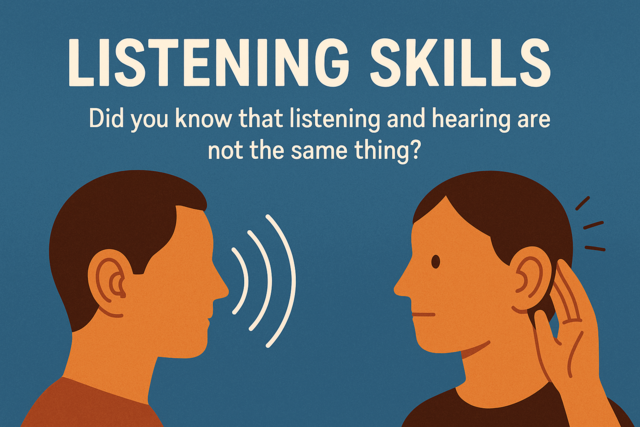
Listening Skills
-

Writing Help Course Bundle
-

Generational Diversity in the Workplace
-

Management Essentials
-
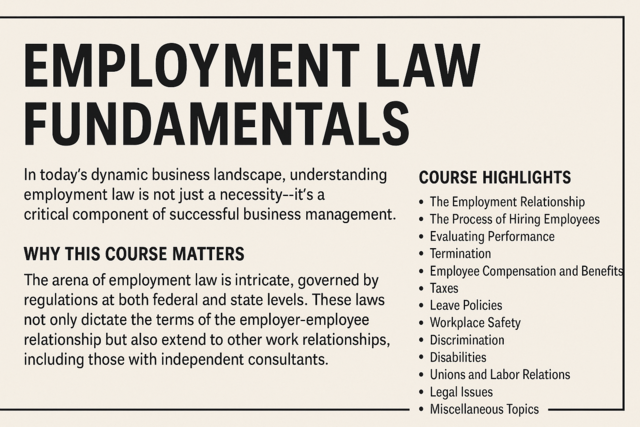
Employment Law Fundamentals
-

Creative Thinking Skills
-
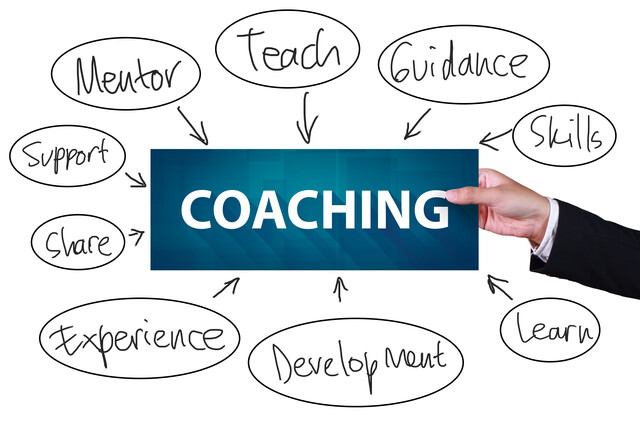
Business Coaching
-

Interpersonal Communication
-

How to Run an Effective Help Desk
-
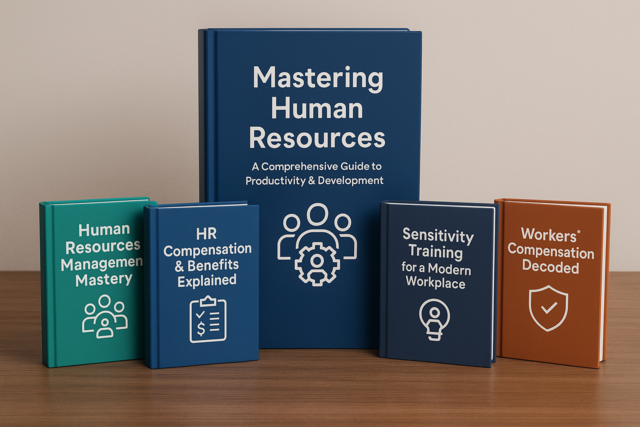
Human Resources Productivity Course Bundle
-

Kaizen 101 - An Introduction
-

Financial Analysis 101: Planning and Control
-

Sustainable Development for Business
-

Mediation 101
-

Strategic Planning
-

Mindfulness in the Workplace
-

Delegation Skills